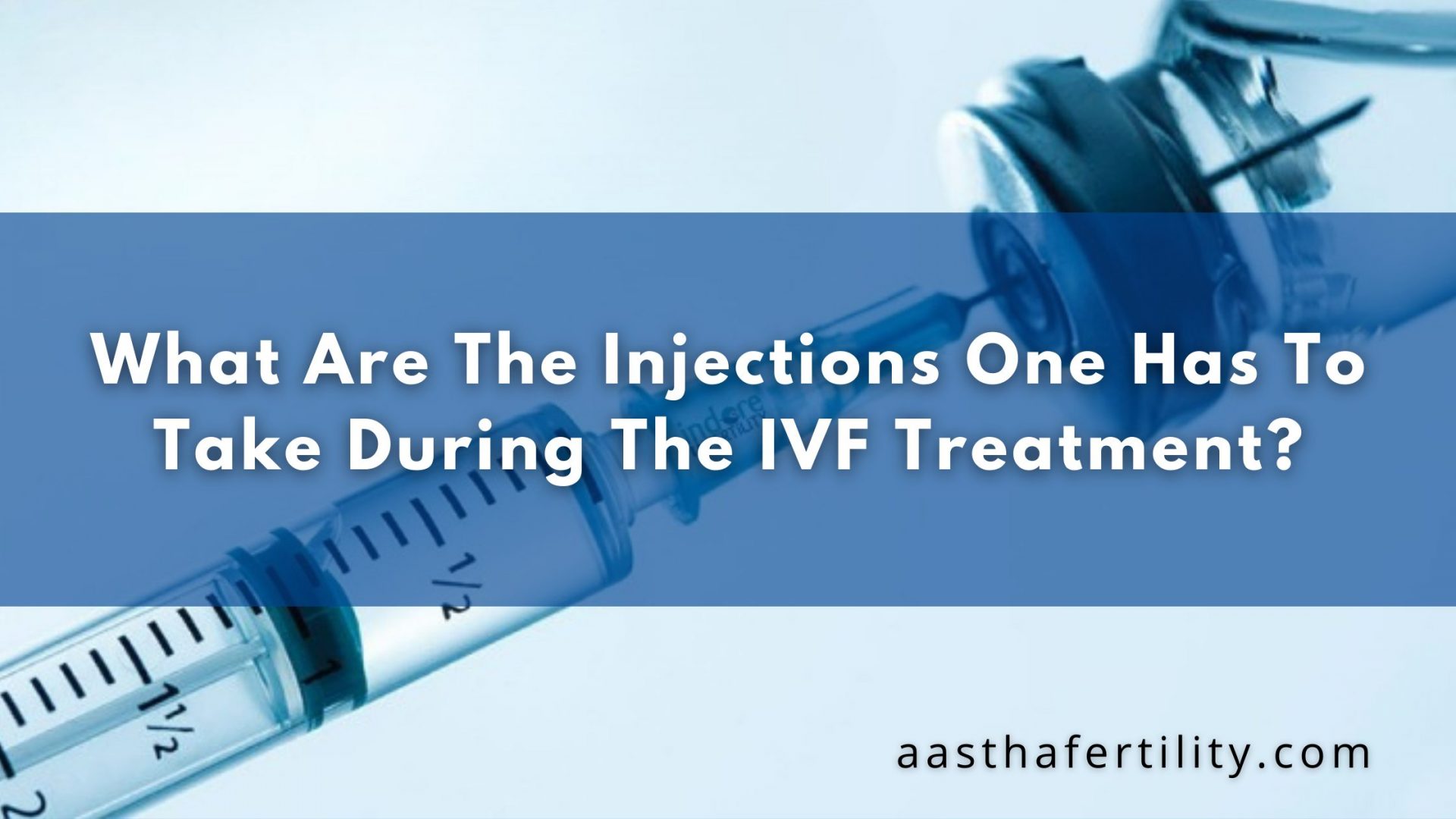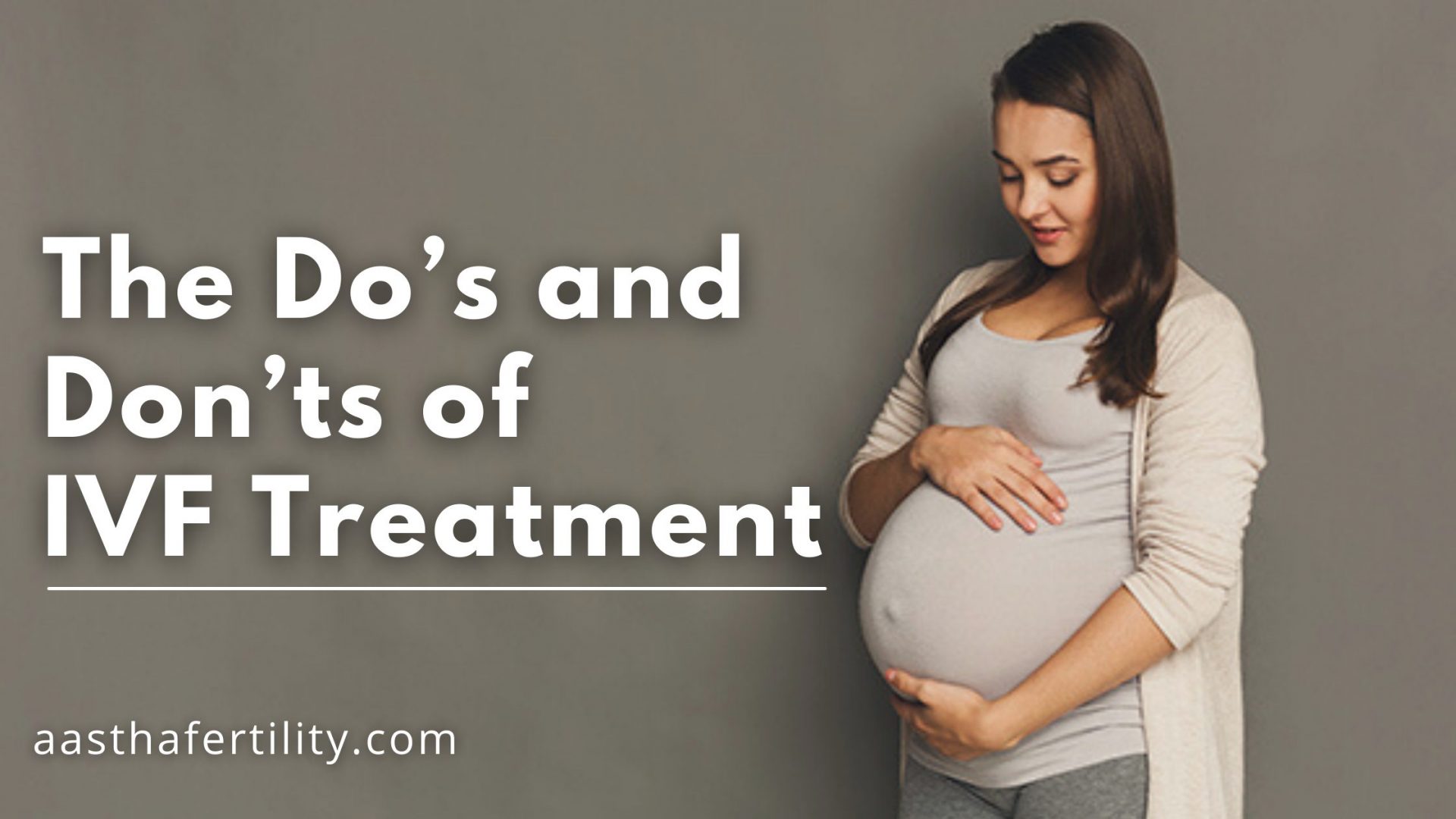Table of Contents
ToggleIf you’re struggling with male infertility or other fertility issues, consider Intra-Cytoplasmic Sperm Injection (ICSI) as a treatment option. However, it’s essential to understand the success rate of ICSI and how it can vary depending on age.
That’s why we’ve put together this informative post to help you make an informed decision. We’ll provide an overview of Intracytoplasmic Sperm Injection success rates for women in different age groups and strategies to improve your chances of success. We’ll also discuss other factors that can impact success rates, such as male partner factors and health factors. If you’re considering ICSI treatment, we urge you to consult experts who can guide you.
At Aastha Fertility Center, we have a team of experienced fertility specialists who can provide personalised fertility treatment options based on your needs, including ICSI, In Vitro Fertilization, etc.
Contact us today to learn more about our ICSI or In Vitro Fertilization treatments and how we can help you achieve your dream of parenthood. Don’t let fertility issues hold you back – take control of your reproductive health and explore your options with us.
Let’s delve into the details of ICSI Success rates by Age to determine the differences with each passing year.
ICSI Success Rate in Women Aged Under 35
Intracytoplasmic sperm injection ICSI generally has the highest success rates for all women aged under 35. ICSI Success Rates report by inviTRA, women under 35 obtain a 42.8% pregnancy rate per transfer, indicating that roughly half of all ICSI cycles in this age group result in a successful pregnancy.
Factors Affecting ICSI Success Rate in Women Aged Under 35
Several factors can impact the success rates for women under 35, which include:
- The quality of the sperm used for ICSI
- The number of eggs retrieved during the cycle
- The quality of the embryos produced during the cycle
- The overall health of the woman
Strategies to Improve ICSI Success Rate After 35
Several strategies can be adopted to improve the success rate of ICSI for women under 35.
- These include optimising lifestyle factors such as maintaining a healthy weight, quitting smoking, and reducing alcohol and caffeine consumption.
- Taking prenatal vitamins and supplements such as folic acid and CoQ10, following a healthy diet with plenty of fruits, vegetables, and whole grains, and engaging in regular exercise (but avoiding intense or strenuous activities that may impact fertility) are also helpful strategies.
Additionally, women under 35 may consider pre-implantation genetic testing (PGT) to identify embryo chromosomal abnormalities before transfer. This can help improve the chances of a successful pregnancy.
Success Rates For Women Between 38 and 40
The success rate of ICSI are not the same for all women, and they can depend on various factors, including the woman’s age. Women between 38 and 40 may have a lower chance of success with ICSI than younger women, but with experts’ guidance, they can achieve the goal of a happy and healthy family.
Oxford Academic Report on ICSI delivery rates, success rates for this age group can range from 21-26%, which is lower than those for women under 35.
Factors that can Impact ICSI Success Rate Between 38 to 40
Several factors can impact the success rate of ICSI for women between 38 and 40, including:
- Age: As a woman’s age increases, the quality and quantity of her eggs decrease, making it more challenging to achieve a successful pregnancy.
- Ovarian Reserve: The number and quality of a woman’s remaining eggs can affect the chances of success with ICSI. Women with a lower ovarian reserve may have lower success rates.
- Underlying Medical Conditions: Certain medical conditions, such as endometriosis, PCOS, and uterine fibroids, can affect the success of ICSI.
- Male Partner Factors: Male infertility factors, such as low sperm count or poor sperm motility, can also impact the success rates of ICSI.
Strategies for Improving ICSI Success Rates
There are various strategies that women between 38 and 40 can consider to improve the success rate of ICSI, including:
- Egg Freezing: Freezing eggs when they are younger and of higher quality can be an option for women who plan on having ICSI.
- Lifestyle Changes: Adopting a healthy lifestyle by quitting smoking, reducing alcohol intake, and maintaining a healthy weight can increase the chances of success with ICSI.
- Pre-Implantation Genetic Testing (PGT): PGT can identify embryos with genetic abnormalities, improving the chances of a successful pregnancy.
- Donor Eggs: Sometimes, donor eggs may be viable for women with lower ovarian reserve or poor egg quality.
It’s essential for women to be aware of these factors and to speak with their doctor or fertility specialist about Intracytoplasmic sperm injection and their specific situation to know more about the success rates. Fertility experts at Aastha Fertility Center go through their patients’ entire historical medical details, understand all the minor factors affecting them, and suggest the best treatments accordingly. Check out our Success Stories for more clarity.
Success Rates For Women Aged Over 40
Regarding ICSI success rates for women over 40, it’s important to note that they tend to be lower than younger women. This is due to the natural decline in egg quality and quantity as a woman ages. The success rates for ICSI in women over 40 can range from 10-15%, notably lower than those for younger women.
However, it’s essential to remember that success rates can vary depending on different factors, such as the woman’s overall health and quality of sperm used in the procedure. Therefore, women should consult their doctor or fertility specialist to determine the best action based on their situation.
Factors That Can Impact Success Rates
The success rates for ICSI in women over 40 can be affected by various factors. The primary factor is age, as the quality and quantity of eggs decline with age. Other factors include a lower ovarian reserve, underlying medical conditions, male factor, lifestyle factors such as smoking, alcohol consumption, and being overweight, the number of previous IVF/ICSI treatments, and the laboratory quality where the procedure is performed. Women must consult with a fertility specialist to determine the best course of action based on their circumstances.
Strategies For Improving Success Rates
Apart from PGT (Pre-Implantation Genetic Testing), donor eggs, Intracytoplasmic sperm injection and lifestyle changes, some other proven strategies that can improve Success rates for women over 40 are:
- Using High-Quality Sperm: High-quality sperm can increase the chances of success with ICSI. Sperm Cryobanking, In Vitro Fertilization, and other services by Aastha Fertility Center, can also help with successful pregnancy.
- Combining ICSI with Assisted Hatching: Assisted hatching is a technique that can help embryos implant more successfully, increasing the chances of a successful pregnancy.
Other Factors That Can Impact ICSI Success Rates
Male Factor Infertility
Low sperm count, poor sperm motility, and abnormal sperm morphology are male-factor infertility that can decrease the success rates of ICSI. Sometimes, male partners may need fertility treatments to improve their sperm quality.
Several Attempted Cycles
The number of ICSI cycles can also affect the success rate. Women who have had several unsuccessful cycles may have a lower chance of success in subsequent cycles.
Other Health Factors
Women with certain health conditions, such as diabetes or autoimmune disorders, may have a lower chance of success with ICSI. Women must discuss any underlying health conditions with their doctor or fertility specialist before undergoing ICSI.
Conclusion
In conclusion, women over 40 years of age may experience lower success rates with the ICSI due to the natural decline in egg quality and quantity with age.
However, the success rate can vary based on individual factors such as ovarian reserve, male factor infertility, and underlying health conditions. Therefore, seeking expert advice and discussing individual situations with a doctor or fertility specialist is crucial to determine the best course of action.
At Aastha Fertility Center, we offer comprehensive and individualised care for couples struggling with infertility. Our team of experts is dedicated to providing the latest technology and techniques to improve the chances of success with ICSI ad In Vitro Fertilization. We understand the emotional and physical toll infertility can take, and we strive to provide our patients with a supportive and compassionate environment.





Leave a comment